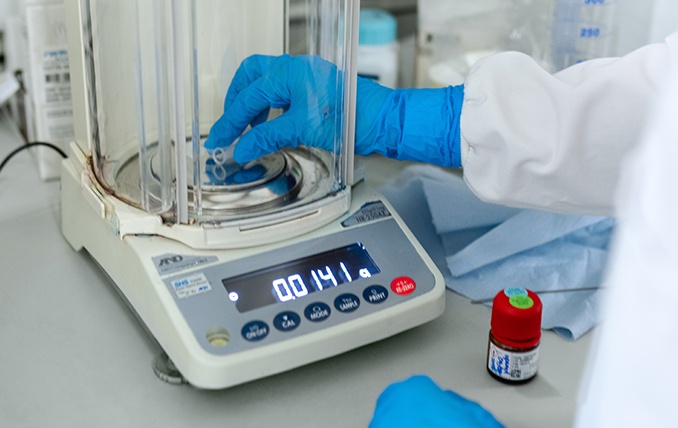Are you trying to establish a lab? Maybe you are a professor trying to accomplish a research project. Perhaps you work in industry and are trying to produce a specific type of product. Regardless, you need to make sure you have the right equipment for your lab. Even though every lab is different, those who work in the biological sciences have specific types of equipment they need to have. Even though there are plenty of options available, you need to make sure you have the basics. Take a look at several examples of equipment you need to have if you want your lap to be a success.
A Strong Refrigerator or Freezer
Of course, one of the most important pieces of equipment you need to have is solid storage. You will have plenty of experiments that you need to preserve. For example, you may work with yeast that needs to be kept at a certain temperature. Or, you may have bacteria that you need to preserve for future experiments. In that case, you need to have a strong refrigerator or freezer. Even though you might be looking for a way to save money, you need to make sure the refrigerator or freezer is large enough to hold everything you have. Otherwise, your experiments may spoil, or you may end up asking a colleague for some extra space.
The Right Computer and Monitors
In addition to storing your experiments, you also need to store your information. The days of filing cabinets are largely in the past. A lot of your information is going to be stored electronically because computers are going to be responsible for interpreting your information. Therefore, you need to have the right computer setup in your office. You need to have a computer with plenty of storage space. Then, you should have multiple monitors you can connect to the computer to make extra room on your desktop. Make sure you have an organized way to keep track of all of your information. It will be important when it is time to publish your results.
Plenty of Equipment To Measure Liquids and Solids
Furthermore, you should also have plenty of equipment to help you measure both liquids and solids. For example, you should have plenty of beakers and graduated cylinders that can measure liquids of all types. Make sure they are strong enough to handle liquids with extreme pHs. You should also have accurate scales that can measure out to several decimal places. There might also be situations where you need to incubate these containers. The easiest way to do that is with a lab waterbath. Make sure you find a solid water bath that can help you carry out your experiments.
Thermometers and Timers
Your lab should also have a nice supply of thermometers and timers. You should have thermometers that can withstand extreme temperatures. For example, you may need to put the thermometer in a giant hood with a heater. Make sure the thermometer is not going to break. You also need to have a timer that can help you keep track of your experiments. You don’t want anything to go too long. Even though you may think you can keep track of your experiments on your phone, it is always better to have a timer sitting out on the deck. You never know if you will put down your phone somewhere and forget to carry it with you.
Find the Right Equipment for Your Lab
These are just a few of the many examples of equipment you need to have if you want to run a successful laboratory. Even though you have a great idea that you would like to test, you need to have the right equipment to help you carry out those experiments. It can be difficult to select the right type of equipment for your lab. If you have questions or concerns, you may want to talk to your colleagues about the equipment they use. That way, you can put yourself in the best position possible to be successful. The quality of your experiments is going to be at least partially dependent on the quality of the equipment you use.

